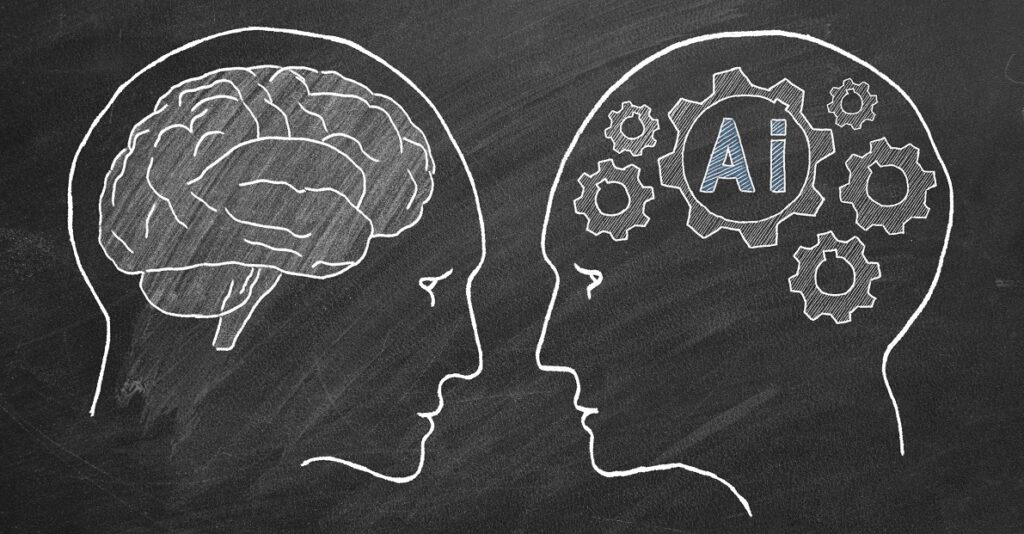The question has been on the minds of translators for at least the last decade. There’s a certain logic to thinking that the big tech companies will contrive a way to displace human translators at any moment. The reality is not so straightforward.

Human Translators Are More Reliable
Advocates of machine learning tools often do not appreciate the nuances of the source language and target language nor do these machine learning tools. Word meanings change over time, and idioms are constantly changing in the source language and target language respectively. Familiarity of subtle nuances of both languages is definitely in the human translators’ favor, and human translators can easily infuse their own style and interpretation into translations per the wants of clients.
Machine learning operates with the assumption that translation is the simple process of rendering the words in one language comprehensibly in another language. The fact is that certain languages like Russian or Japanese have words that are essentially alien to English. A skilled human translator is required to give the translation the right words and phrases. What is right for a professional, business translation may be entirely wrong for a more informal translation. Human translators appreciate the difference.
Humans Can Be Vigilant Against Idioms or Neologisms
Machine learning is informed and empowered by artificial intelligence (AI), whereas human translators frequently have the benefit of actually conversing in both the source language and the target language. Sometimes human translators exclusively use the two languages that the client wants a document translated between, which can help clients get exactly what they’re looking for and overcome any traps with fresh idioms or neologisms in either language. Human translators may also be vigilant against any inappropriate words or groups in a particular culture prone to taking offense at a certain word usage.
If you’re are looking to render a business document in another language, then you definitely need a human translator because the stakes are so high. Even if you are simply designing and implementing a business website, you probably also need a human translator since deep familiarity with both the source language and target language will ensure that your company conveys precisely the right message with its global branding strategy.
Get Higher-Quality Translations
In short, whenever your business demands accuracy and nuance over the shortest possible turnaround times you’re going to want to hire a human translator to complete the project. Clients who have very particular needs will also want to hire a human translator because that will enable receiving the exact translation that you are looking for. Machine learning is ultimately following a bunch of algorithms, but human translators can can clue in to real-time changes in a client’s priorities. The end result is a much higher-quality translation.
The accuracy and sensitivity to local context of the target language, particularly with conference interpretation services, is simply much richer with a human translator. Consider how nice it would be to actually talk with your translator in a few minutes over, say, a Skype call via remote simultaneous interpretation.

